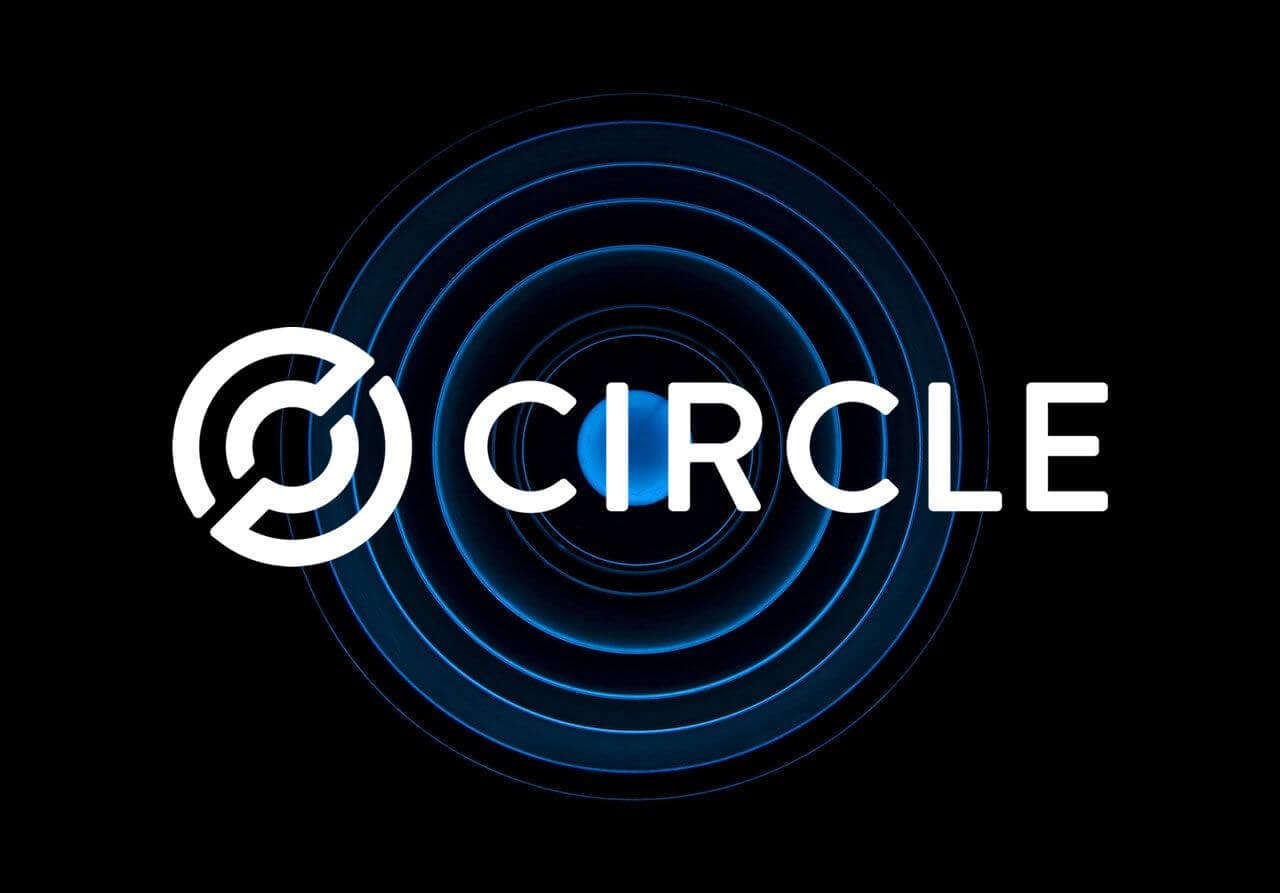Circle, the company responsible for issuing the USDC stablecoin, has decided to avoid holding U.S. Treasury bonds that mature beyond early June. The decision stems from concerns that the U.S. government might default on its debt if politicians fail to agree on raising the debt ceiling.
In an interview with Politico, Circle CEO Jeremy Allaire expressed the company’s unwillingness to carry exposure through a potential breach of the U.S. government’s ability to pay its debts. Disclosures from the Circle Reserve Fund, managed by BlackRock, reveal that it currently holds no U.S. government debt maturing beyond May 31.
Debt ceiling dispute in Congress
Democrats and Republicans in Congress are embroiled in a dispute over raising the government’s $31 trillion borrowing limit. The Treasury has implemented special measures to meet its financial obligations, such as pausing contributions to government workers’ retirement funds. These accounting tools are projected to sustain the U.S. until June, the so-called X-date, after which the government may miss bond payments.
While the U.S. has never defaulted on its debt, and a last-minute deal is considered likely, Circle is not the only entity shunning Treasurys that mature after the X-date. Bloomberg data shows that the yield on the Treasury bill maturing on May 23 has decreased to approximately 4.2%, while the yield for the bill maturing on June 13 has risen to nearly 5.5%. The two notes had similar yields at the end of March.
USDC’s position in the stablecoin market
Circle’s USDC is the second-largest stablecoin in circulation, followed by Tether, with around $29 billion. In a statement accompanying its recent quarterly results, Tether disclosed that about 85% of its reserves are held in cash, cash equivalents, and other short-term deposits.
The ongoing political stalemate in Congress has led to uncertainty in the financial landscape, with companies like Circle taking precautionary measures to avoid exposure to potential U.S. government default. As the deadline for raising the debt ceiling approaches, market participants continue closely monitoring the situation for any developments that could impact their investments and operations.




